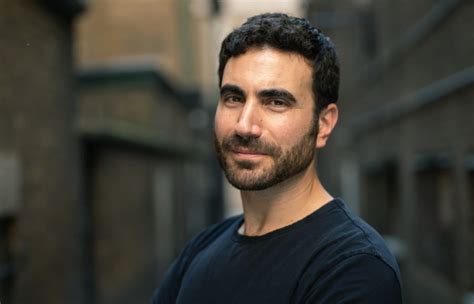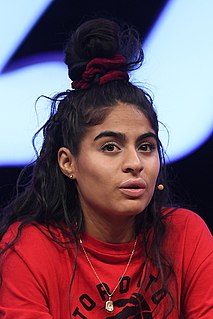A Quote by Amos Oz
The reconciliation is not based on the fact that one of the characters opens his eyes and says, "O brother! O sister! How terrible I was! How right and wonderful you were! Please forgive me! Let's hug and love each other from now until the rest of eternity!" This is not the kind of reconciliation I write about; I write about sad, sober, sometimes heart-breaking compromises.
Quote Topics
About
And Love
Based
Breaking
Brother
Characters
Compromises
Each
Eternity
Eyes
Fact
Forgive
Forgive Me
Give Me
Heart
His
His Eyes
How
Hug
Kind
Love
Love Each Other
Me
Now
Opens
Other
Please
Please Forgive Me
Reconciliation
Rest
Right
Sad
Says
Sister
Sober
Sometimes
Terrible
Until
Were
Wonderful
Write
Related Quotes
I often write about reconciling. Reconciling, or maybe half-reconciling between antagonists, between people who are deadly enemies. I write about reconciliation, but not as a miracle, as a slow, gradual process of mutual discovery - discovering one another. I write about sad, sober, sometimes heart-breaking compromises.
I don't write about love because it makes for easy, passive heroes. I write about how love makes my characters more autonomous, more self-possessed, more opinionated and powerful. I write about characters who pursue relationships that make them the people they want to become. I write about love as a superpower.
Will Bridges, who is the co-creator with me, when we were working on 'SuperBob,' we were just talking about how we like to write about relationships. And we were talking about what love is. We were in very different stages; he was married and was about to have his first child, and I was kind of dating the wrong people.
If we meet and I say, "Hi," That's a salutation. If you ask me how I feel, That's a consideration. If we stop and talk awhile, That's a conversation. If we understand each other, That's communication. If we argue, scream and fight, That's an altercation. If later we apologize, That's a reconciliation. If we help each other home, That's cooperation. And all these ations added up Make civilization. (And if I say this is a wonderful poem, Is that exaggeration?)
If you get the characters right you've done sometimes nearly half the work. I sometimes find I get the characters right then the characters will often help me write the book - not what they look like that's not very important - what people look like is not about their character. You have to describe the shape they leave in the world, how they react to things, what effect they have on people and you do that by telling their story.
When I see an entire community disenfranchised, it disturbs me. Not that I'm a message guy, per se. I write about people. I like to write about human beings, not crap political rhetoric. I've tried to avoid that all my life. When I wrote about soldiers in Vietnam, I wasn't trying to make a political statement. I was trying to write about how screwed things were for soldiers, and how they still are.
The one concession I've made as I've gotten older is that my children are now adults and they're in their twenties and thirties and so I'm careful about how I write about them. I may write about them as a child, but I'm not going to write about their current struggles because they're adults and they can do it for themselves. I want to give them some space in a way I didn't when they were younger.
I have tons of stuff that, you know, seems like it's a well-constructed sentence but it is not how people talk, it's how people write. So that's why I think it's sometimes easier for me to write for actors 'cause I know what's frustrating about, you know, sentences that come out just perfect. Well, who talks like that? And who of us don't overlap each other? Except on the radio, hopefully.





































